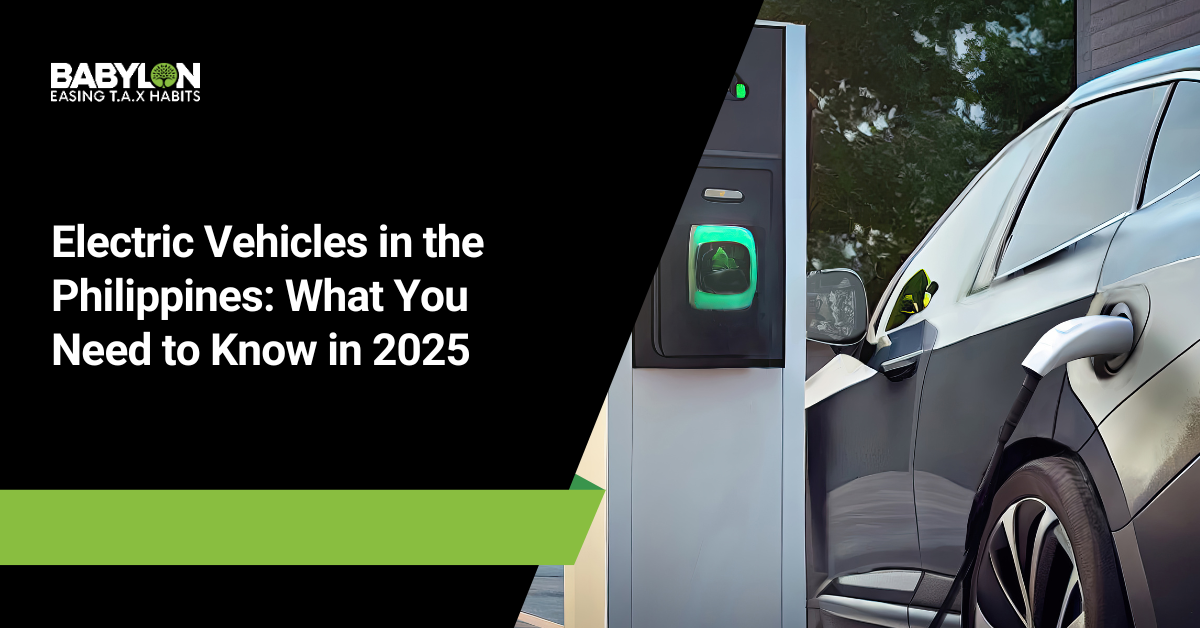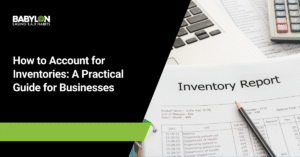As the Philippines pushes toward a more sustainable and energy-efficient future, electric vehicles (EVs) are becoming more than just a trend—they’re a smart solution for transportation, energy, and the environment.
In this article, we’ll explore the state of EVs in the Philippines, the benefits and challenges, available models, government incentives, and what the future holds for Filipino drivers.
What Are Electric Vehicles?
Electric vehicles (EVs) are cars, motorcycles, or other modes of transport powered primarily by electricity rather than gasoline or diesel. They use rechargeable batteries and electric motors, resulting in zero tailpipe emissions and lower fuel costs.
Why Electric Vehicles Are Gaining Popularity in the Philippines
Several factors are driving EV adoption in the country:
- Rising fuel prices – EVs offer a cheaper alternative to traditional fuel
- Environmental concerns – Growing awareness about air pollution and climate change
- Government incentives – Tax breaks, reduced tariffs, and more support under the Electric Vehicle Industry Development Act (EVIDA)
- Charging infrastructure expansion – More public and private charging stations are being installed nationwide
Benefits of Using EVs in the Philippines
- Lower Fuel and Maintenance Costs
Electricity is significantly cheaper than gasoline. Plus, EVs have fewer moving parts, meaning less wear and tear. - Environmentally Friendly
EVs produce no carbon emissions, helping combat urban air pollution—especially in congested cities like Metro Manila and Cebu. - Quieter Rides
EVs operate more quietly than internal combustion engines, reducing noise pollution. - Access to Incentives
Under EVIDA, EV users may enjoy registration discounts, priority lane access, and tax breaks.
5. Home Charging Convenience
Skip the gas station—just plug in at home overnight.
6. Reduced Maintenance Needs
No oil changes, fewer brake issues (due to regenerative braking), and less engine wear.
Challenges of EV Adoption in the Philippines
While EVs offer many benefits, challenges remain:
- High Upfront Costs – EVs are still more expensive than traditional vehicles, though prices are gradually coming down
- Limited Charging Infrastructure – Outside major cities, charging stations are still scarce
- Range Anxiety – Many drivers worry about running out of battery power mid-journey
- Public Awareness – There’s still limited understanding of EV ownership and maintenance
- Longer Refueling Time – Charging takes longer than filling up a gas tank, even with fast chargers
- Battery Replacement Costs – EV batteries can be expensive to replace, although most come with long warranties (8–10 years)
- Performance in Extreme Weather – Cold or extremely hot temperatures can reduce battery efficiency and overall range
EV Models Available in the Philippines (2025 Update)
Popular EVs currently available or expected to launch in the Philippines include:
- BYD Dolphin & Atto 3
- Hyundai Ioniq 5
- Nissan Leaf
- Jetour Ice Cream EV (a compact, budget-friendly option)
- Tesla (imported) – Though not officially launched, some models are privately imported
- Kia EV6 (announced for local release)
- Wuling Mini EV – Small and affordable for city driving
Motorcycles and e-bikes from brands like Segway, Hatasu, and NIU are also gaining traction, especially for delivery and urban mobility.
Government Support and EVIDA Law
The Electric Vehicle Industry Development Act (Republic Act 11697), enacted in 2022, is the backbone of EV promotion in the Philippines. It mandates:
- EV fleet quotas for public and private entities
- Tax incentives and import tariff reductions for EVs and charging equipment
- Infrastructure development – LGUs and businesses are encouraged to build charging stations
- Public education campaigns to raise EV awareness
In 2025, expect more aggressive enforcement of EV incentives and wider private sector involvement.
Where to Charge Your EV in the Philippines
Charging stations are expanding across major areas. Here are some networks and locations:
- SM Malls – Partnered with Meralco and private EV groups
- Unioil and Shell – Some stations offer EV charging services
- Ayala Malls, Power Plant, and Robinsons Malls – Equipped with Level 2 chargers
- Commercial developments and tech parks in Metro Manila, Cebu, and Davao
Charging apps like Charged PH or EVAP’s station locator help EV owners find nearby stations.
Is It Time to Buy an EV in the Philippines?
It depends on your needs, location, and budget. If you:
- Drive primarily in urban areas
- Have access to home or public charging
- Want to reduce fuel costs and carbon footprint
…then now could be a great time to switch. However, if you frequently travel long distances or live in areas without charging stations, it might be worth waiting until infrastructure improves further.
The Future of EVs in the Philippines
By 2030, EVs are expected to play a significant role in public and private transportation. Government mandates, rising fuel costs, and improved tech will continue to drive adoption. We can expect:
- More affordable EV options
- Stronger resale value
- Battery tech improvements (longer range, faster charging)
- EV buses, jeepneys, and delivery fleets
The shift is already happening—early adopters are setting the pace.
Final Thoughts
Electric vehicles in the Philippines are no longer just a concept of the future—they’re a growing reality. As technology improves and infrastructure expands, owning an EV is becoming more practical and accessible for Filipinos across the country.
If you’re looking for a smarter, cleaner, and more cost-effective way to get around, now is the time to seriously consider going electric.
DISCLAIMER: This article is developed by subject matter experts at Babylon2k. This is for general information only and does not constitute expert advice. It is based on current regulations and may not account for all related topics. Any tax or compliance guidance provided cannot be used to avoid penalties or promote specific actions. Laws and interpretations may change over time, which could affect the accuracy of this report. We are not obligated to update this advisory if new regulations arise.
How We Can Help
Babylon2k’s B.E.T.H. can also help you when you need more information and clarification on taxes, businesses, finance, laws, and more. Learn More >
☎️ Get in Touch!
- Request a Free Consultation | Request Consult
- Message us on Viber/ Whatsapp Number @ +63-927-945-3382.
- Email us directly at [email protected]






